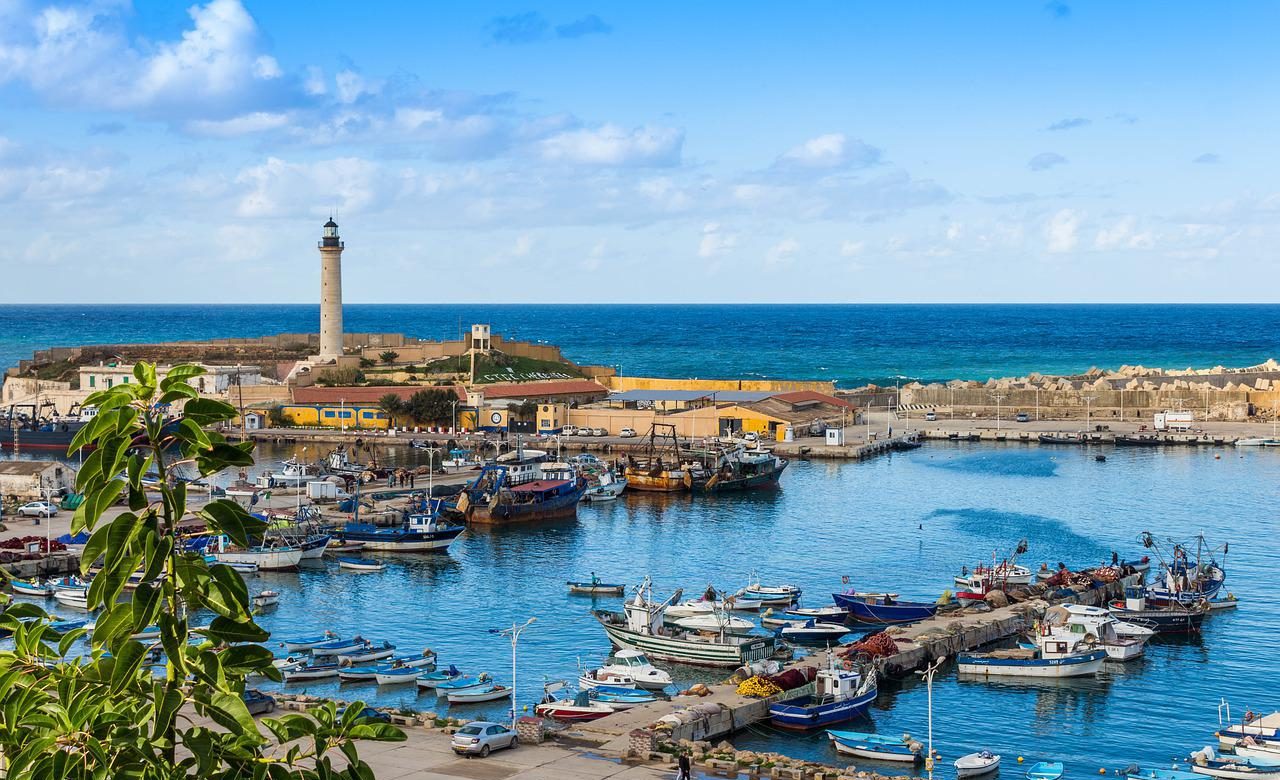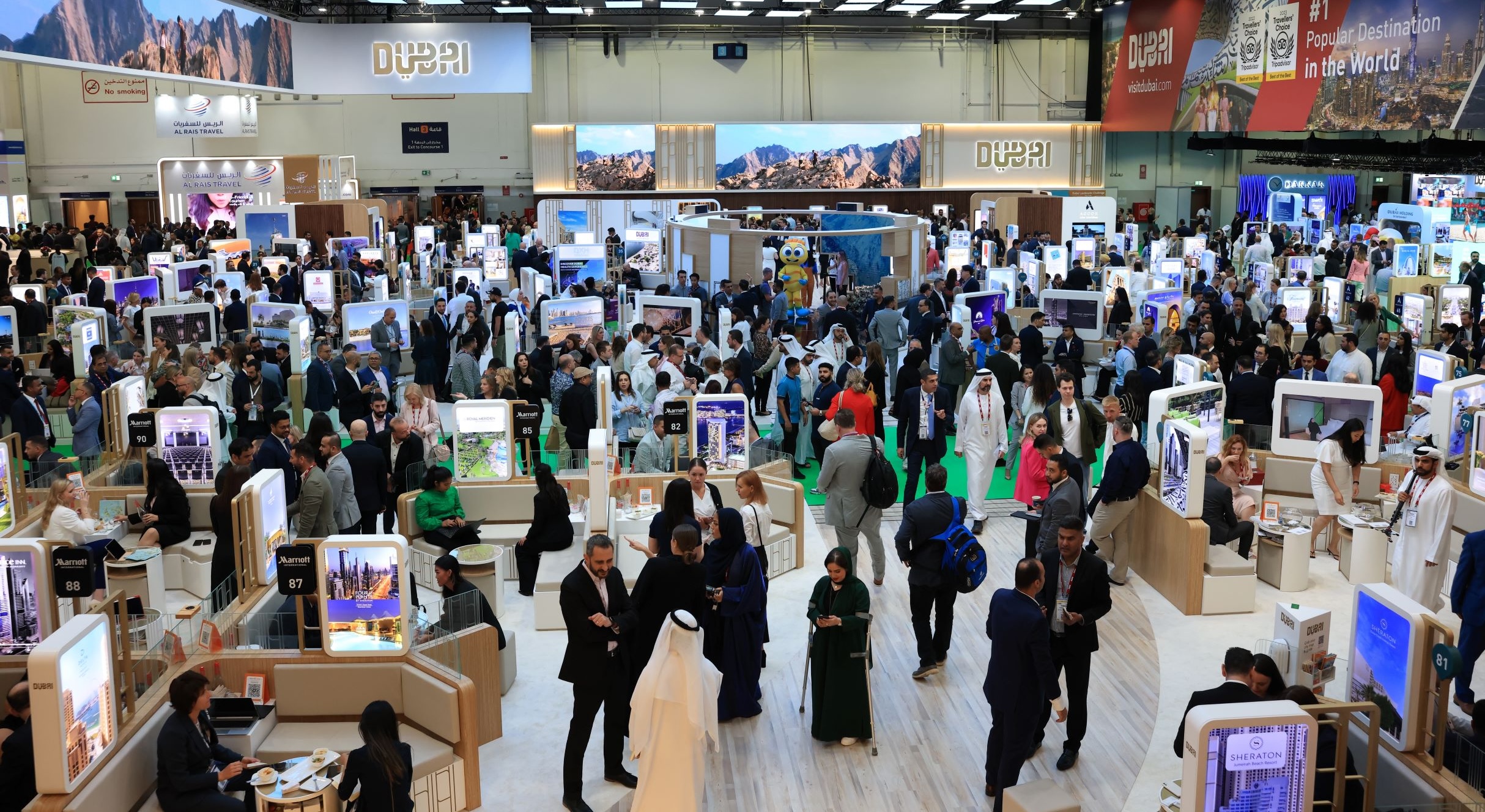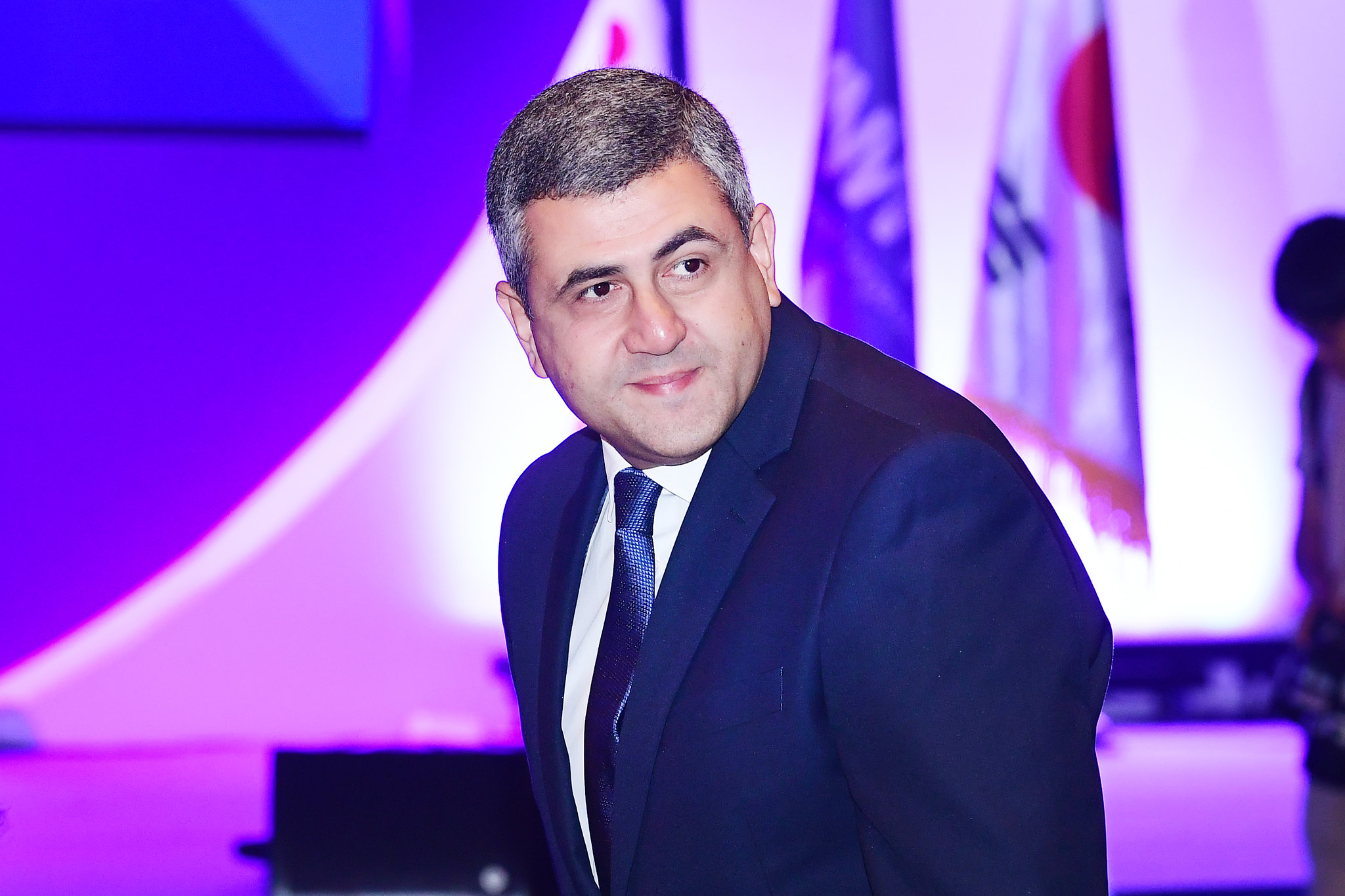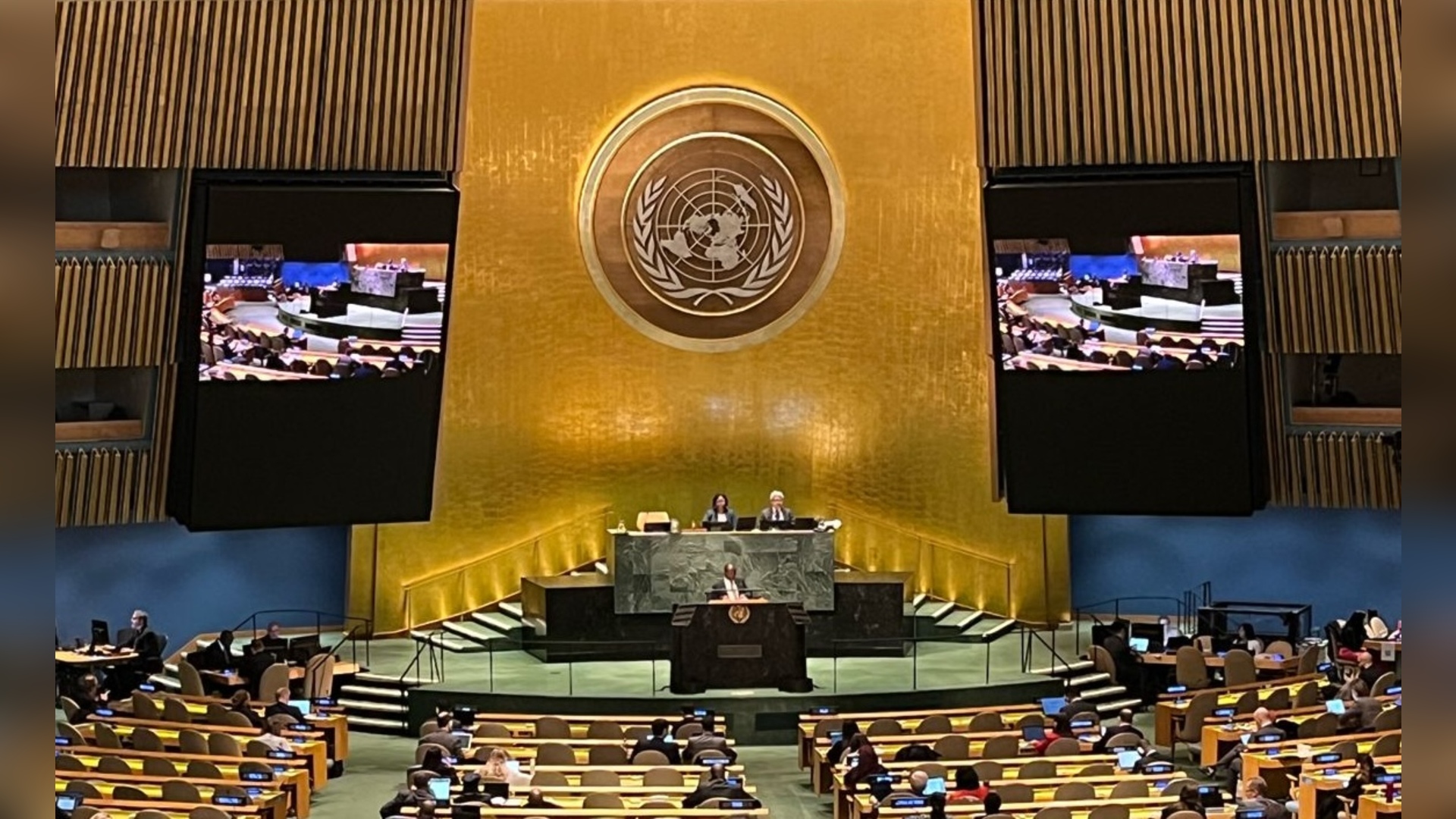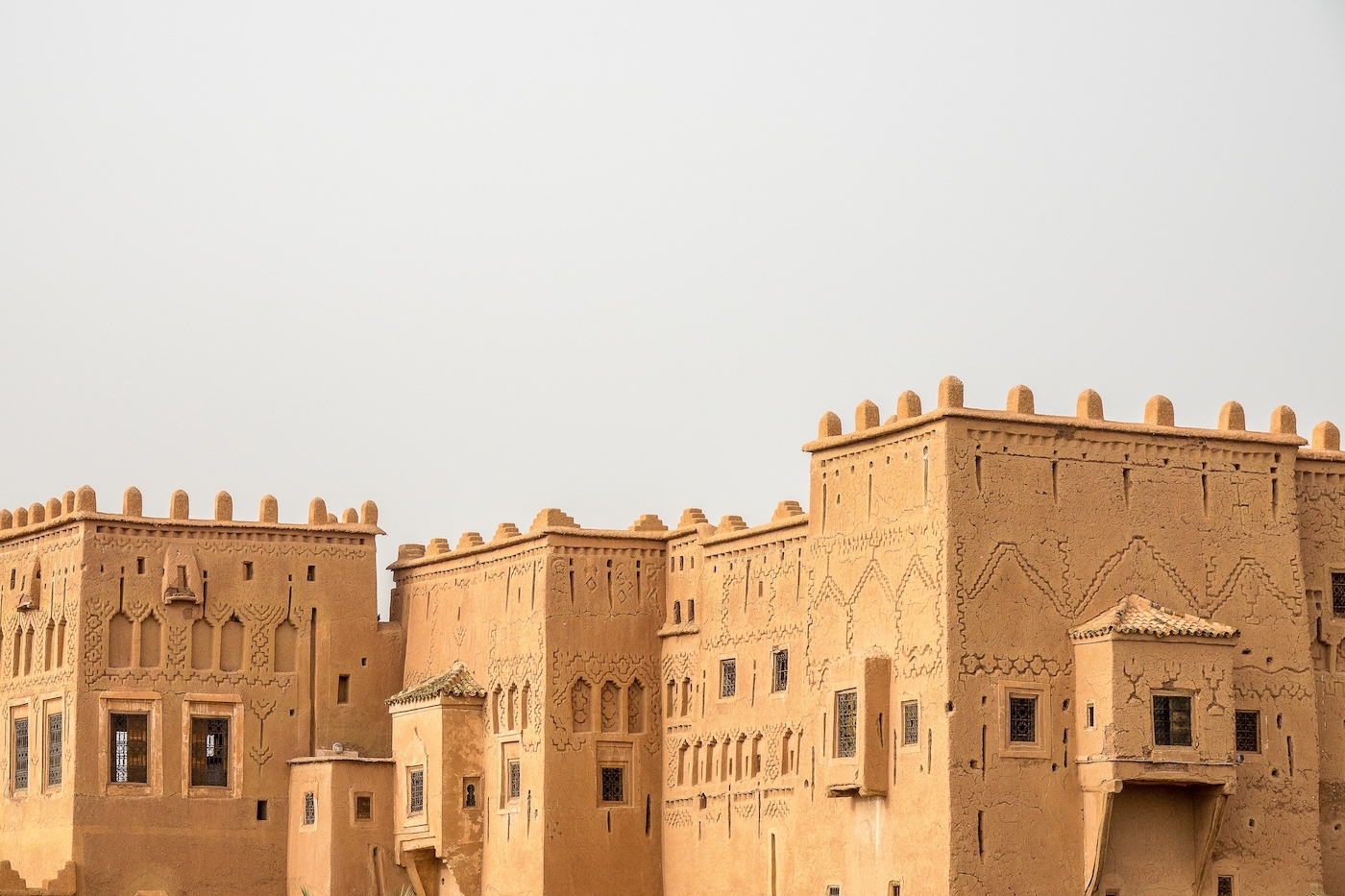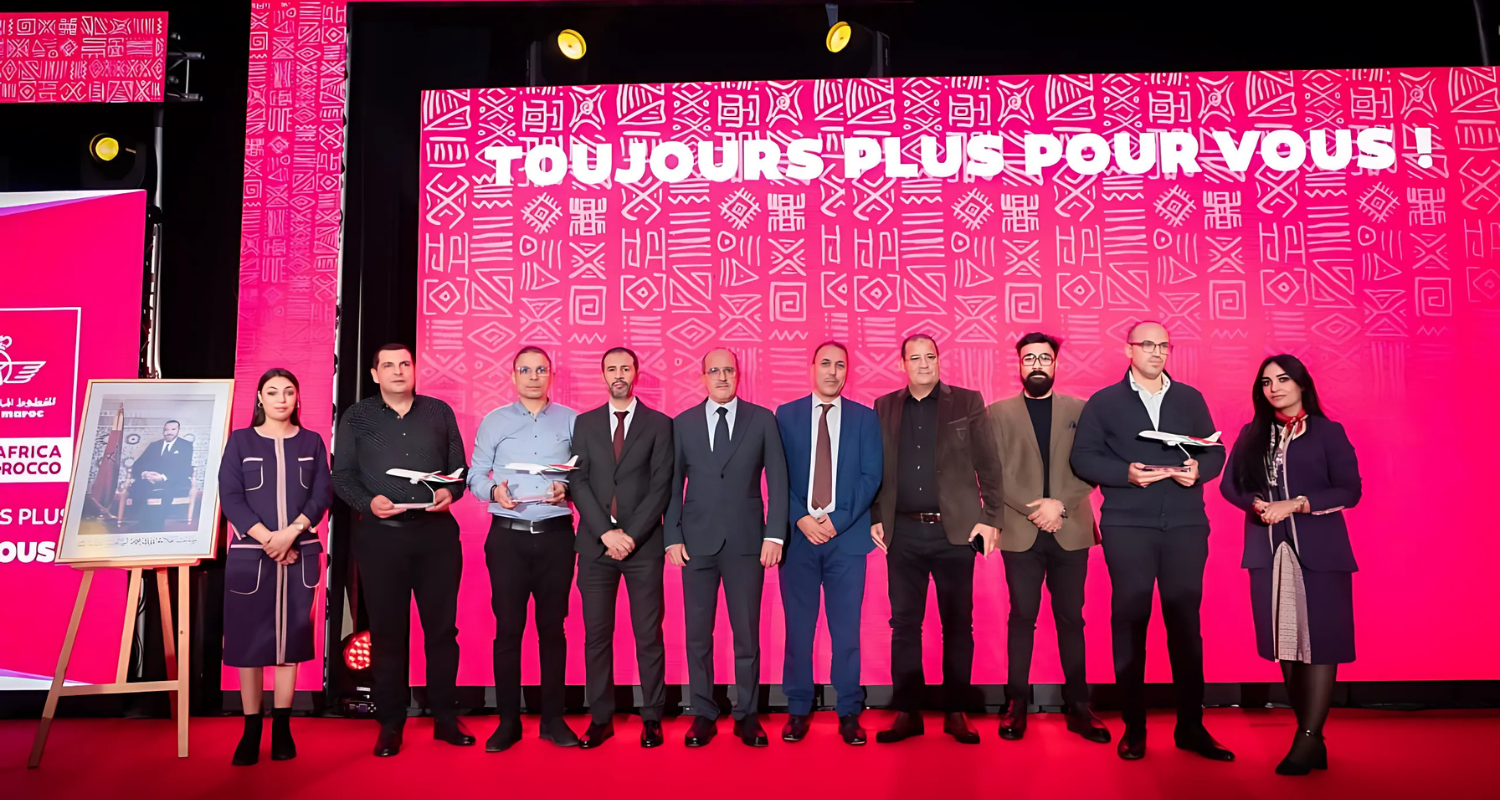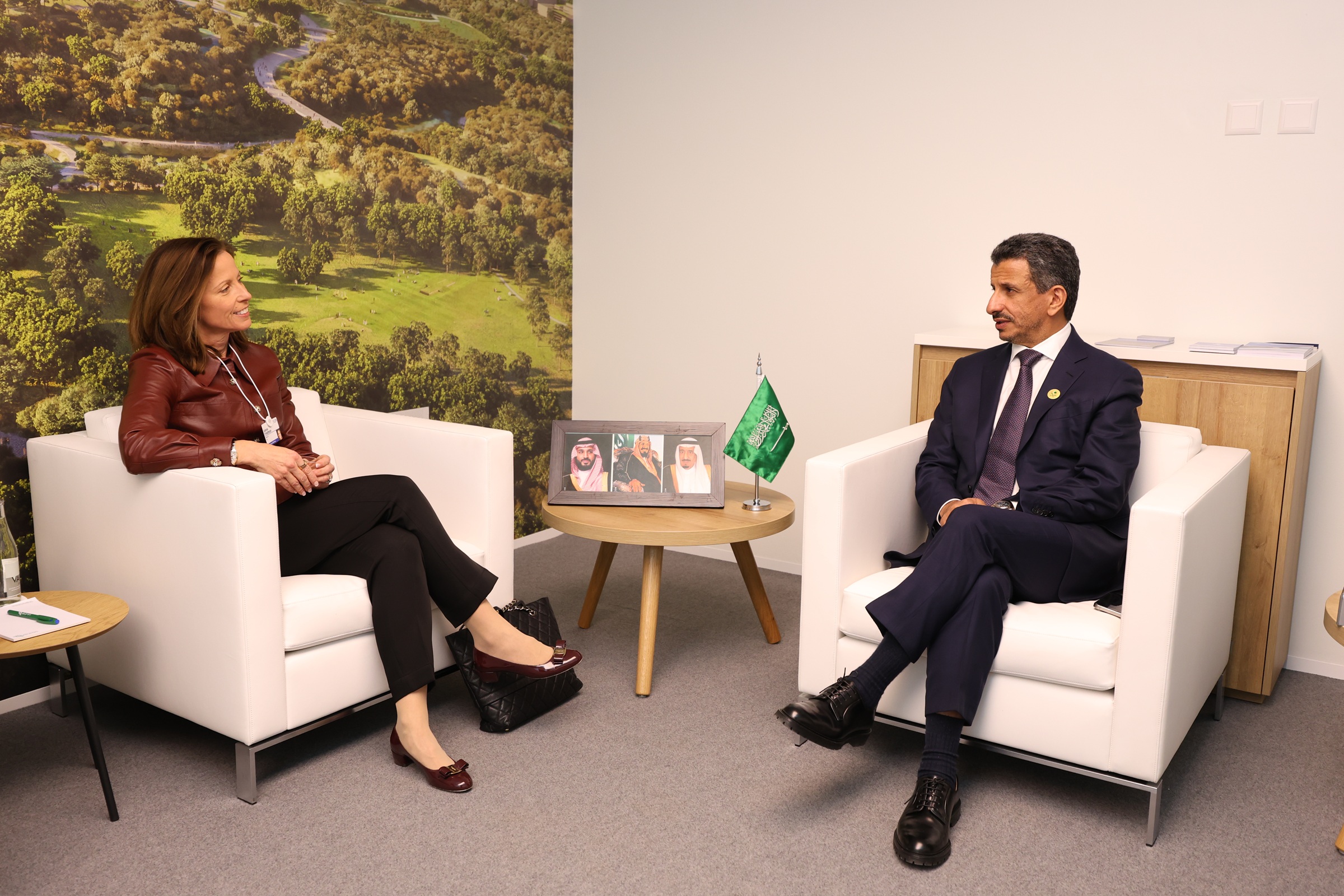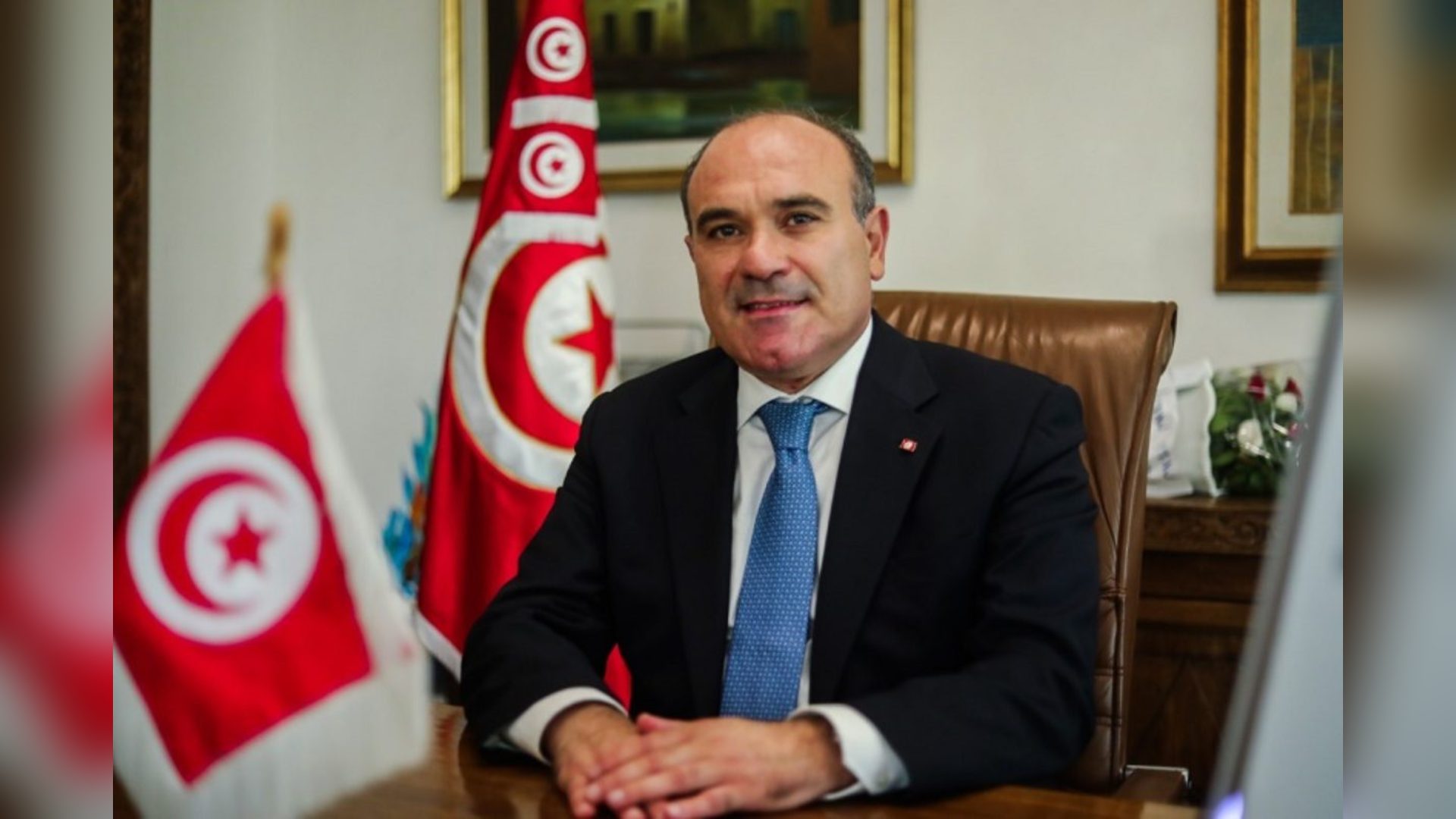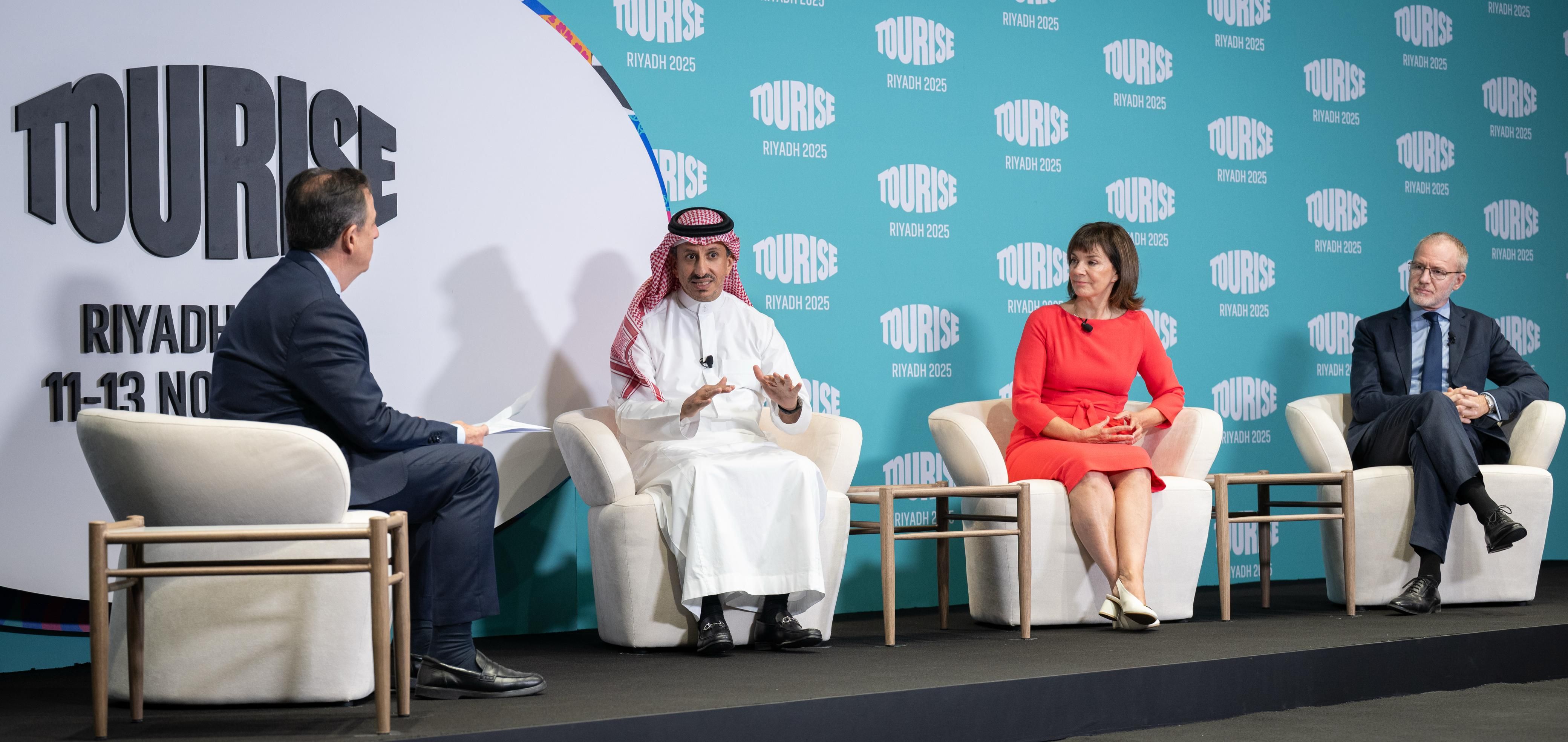Saudi Arabia has concluded its impactful two-year chairmanship of the UN Tourism Executive Council, marking a period of transformative leadership that has advanced the global tourism agenda. At the 122nd Executive Council session held in Cartagena, Colombia, from November 13-15, His Excellency Ahmed Al-Khateeb, Saudi Arabia’s Minister of Tourism, urged his successor to sustain the momentum and drive forward an industry poised to contribute 10% of global GDP in 2024.
Under Saudi leadership, the council prioritized investments, education, youth empowerment, and sustainability, fostering an integrated approach that has already sparked positive economic and social impacts worldwide.
“This gathering reaffirms our shared vision for global tourism’s prosperity,” said Al-Khateeb in his closing remarks. “The need for innovative models, strategic investments, and international collaboration has never been greater. We are confident the next chair will build on this progress to shape a resilient and inclusive future for the sector.”
Tourism’s Growing Global Impact
Tourism continues to be a cornerstone of global economic growth, with the sector projected to generate $11 trillion in spending this year and support 350 million jobs worldwide. By the end of 2024, international arrivals are expected to reach 1.5 billion, bolstered by rising air connectivity, the resurgence of travel demand, and a growing middle-class tourist base in emerging markets.
Beyond its economic footprint, tourism is a key driver of sustainable development, offering opportunities for youth, women, and underserved communities. It also fosters cultural exchange, bridging gaps between diverse societies and promoting global understanding.
A Legacy of Collaboration and Innovation
During Saudi Arabia’s tenure, the UN Tourism Executive Council expanded its regional presence with new offices in Brazil and Morocco, as well as thematic hubs such as the Tourism Law Observatory in Uruguay and the Silk Road Tourism Office in Uzbekistan. These initiatives have strengthened the sector’s global footprint while addressing regional and thematic priorities.
At the council meeting in Cartagena, Al-Khateeb signed a landmark Memorandum of Understanding (MoU) with Zambia’s Minister of Tourism, Rhodine Sikumba. The agreement focuses on mutual cooperation in key areas, including human capital development, tourism statistics, event planning, and sustainable tourism strategies. It also paves the way for coordinated positions in international forums.
Al-Khateeb also held high-level talks with tourism leaders from Brazil, South Africa, and Colombia, reinforcing Saudi Arabia’s commitment to fostering international partnerships and driving collective progress.
A Call for Continued Progress
As Saudi Arabia passes the chairmanship baton, the groundwork laid during its term has positioned the sector to achieve new heights. With a clear focus on strategic partnerships, forward-thinking policies, and sustainability, the stage is set for tourism to play an even greater role in shaping the global economy and promoting cultural unity.
The achievements of the past two years underscore tourism’s potential as a force for good — a driver of economic opportunity, a champion of inclusivity, and a bridge between cultures. Saudi Arabia’s leadership has set a high standard, and the global tourism community is eager to see this momentum continue.



